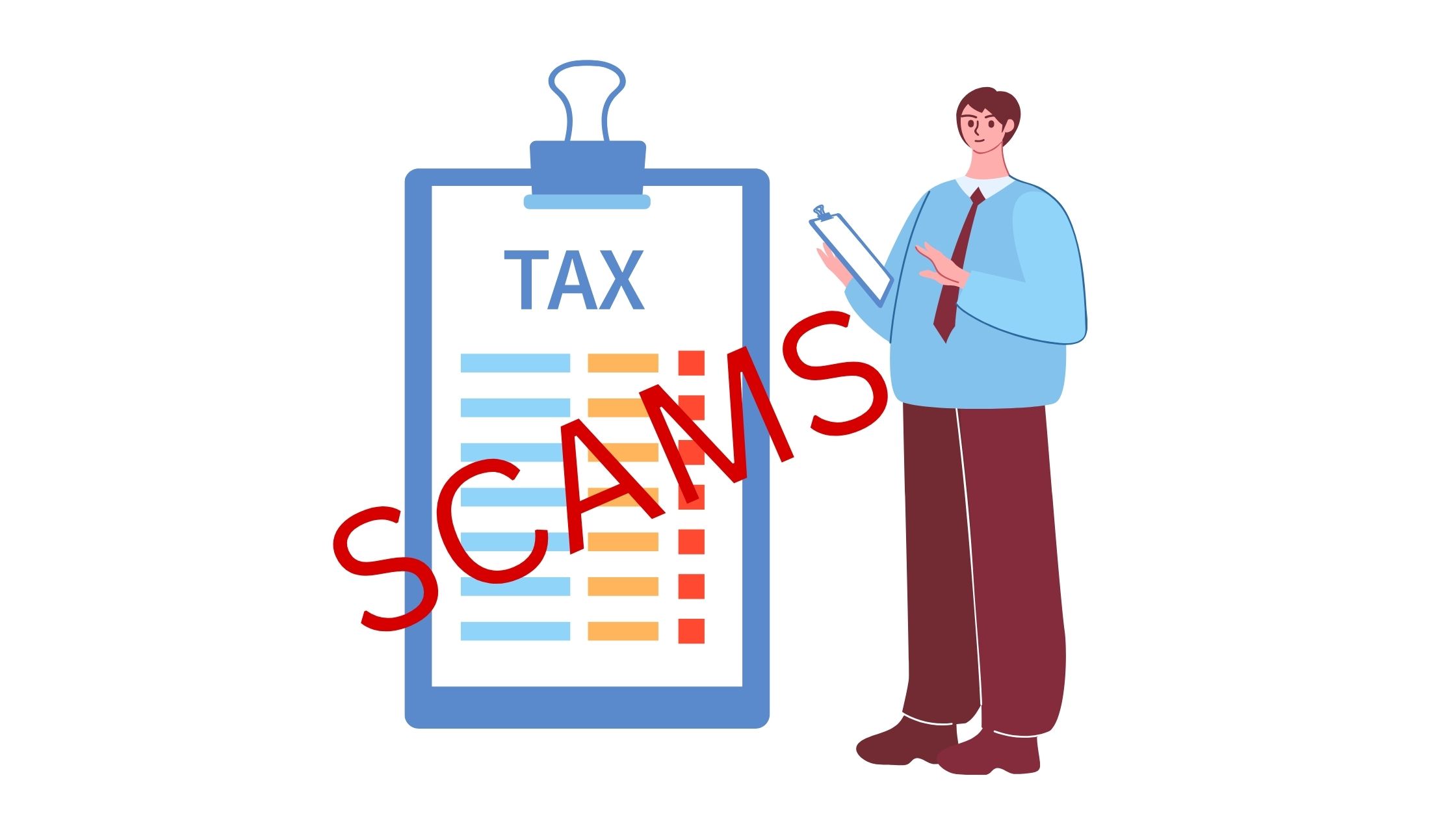The stories are always similar. Your friends mother, who’s either elderly, or doesn’t speak English as her first language, get’s a call around 7pm. The caller advises they are from the Australian Tax Office (ATO), and that she owes a large amount of tax debt.
They are very demanding and hostile. They say they will call the police if she doesn’t pay her debts now. She is worried – she doesn’t want to go prison. She asks how she can pay her debts back. They advise her she can pay it off using gift cards. She drives to the nearest supermarket and purchases several gift cards – JB Hi-Fi, Google Play, even cards for Woolworths and Coles, amounting to the $4000 she owed.
She then receives text messages – The ATO wants photos of the gift cards, showing the validity codes. She sends them and thinks it’s finally over.
The next day they call her again – They request more money, and more cards. She realizes she is being scammed.
It’s probably happened to someone you know. They contact you or someone you love via email, or phone or mail demanding money, and threaten you if you do not meet their request. When the demands are met, the consequences are devastating.
Types of Tax Scams
Now that tax time is here, criminals may attempt to access individuals’ and businesses’ money and information. It’s so prevalent during tax time, in fact, that in 2021, the ATO received over 50,000 reports of scams, with $800,000 reportedly lost!
Here are three main types of scams that involve criminals impersonating the ATO.
Tax refund scams
Scammers contact you, usually via text, or e-mail, claiming that you’re owed a tax refund. They require you to click a link that takes you to a website that mirrors MyGov or the ATO. From here, you are advised to input your personal details, and then pay a processing fee to release your funds.
The scammer uses this information to siphon funds from the bank account and personal information provided on the fake page. They further use your ‘processing fee’ as a bargain point to either harass you to pay any more ‘hidden fees.’ They also threaten you against calling the police by arguing the processing fee was consensual upon you realizing this was a scam.
In worst case scenarios, the scammer will use your personal information for identity theft.
Tax owed scams
These scammers contact you pretending to be the ATO and claim that you have a tax debt. They then demand that you pay the debt immediately to avoid being arrested. They may ask you to pay by credit card, money transfer, or ask you to pay it back using gift cards.
These scammers are often demanding and very hostile. While the ATO does from time-to-time contact people who are owing debt, they will never –
- Call you with a pre-recorded message
- Threaten you with immediate arrest or use profanity
- Demand payment through gift cards or to personal bank accounts
- Insist you stay on the line until a payment is made
- Call with Caller ID.
It can sometimes be useful to familiarize yourself with what a fake call from the ATO will sounds like. You will find many recordings of them on YouTube, such as this one from 2018.
Tax File Number (TFN) and Australian Business Number (ABN) scams
These scams are often found on social media, promising to set up a TFN and ABN for a fee. Instead, they steal your money and personal information.
Applying for a TFN or setting up an ABN is free. If you are applying through a tax agent, however, you may be charged a fee. You should always check if they are registered with the Tax Practitioners Board.
How To Sniff a Scammer
Don’t get caught up in a scam. Below are some tips to stay safe and wary of scammers around tax time.
Email or Text Scams
If you receive an email or text message from a number claiming to be the ATO, and they ask for personal or financial information – do not respond. Additionally, avoid clicking any links, or downloading attachments from suspicious text messages.
Phone Scams
If you receive an unexpected call from someone claiming they’re from the ATO, threatening you with arrest, asking for money to pay back a refund or debt, or asking for personal information – hang up. It worth noting also that the ATO will call from a private number – not from Caller ID.
Ask the ATO
If you’re concerned about the authenticity of a call or text from claiming the ATO, hang up and call the ATO on 1800 008 540. You will also find detailed information about various scams on their website.
Remember, that the ATO will never –
- Ask you to pay your debt into a non-ATO bank account, via gift cards, or with cryptocurrencies
- Threaten you
- Ask you to pay a fee in order to receive a refund
- Ask you for personal information via email or SMS
- Ask you to download, or open attachments, from the Internet

